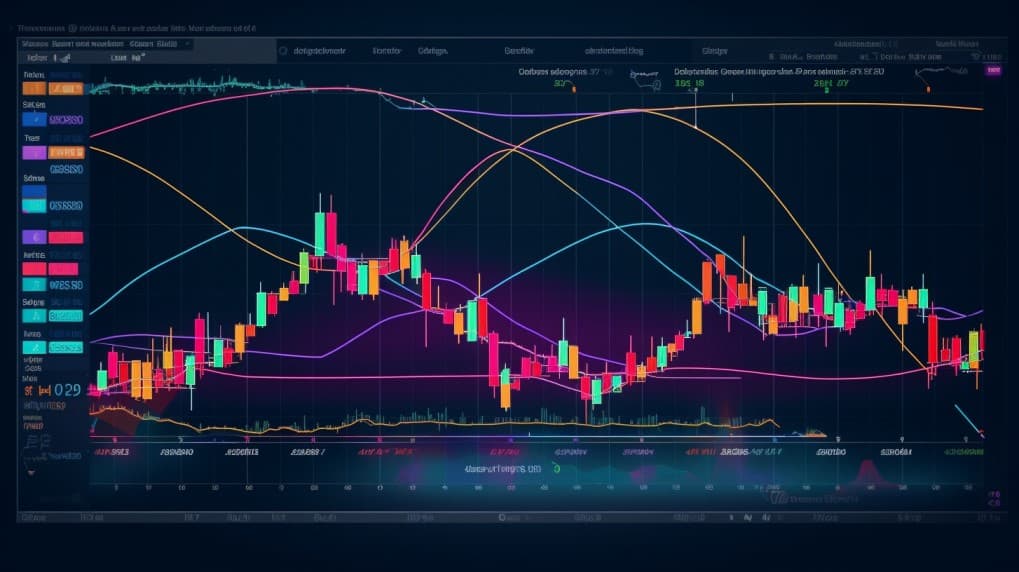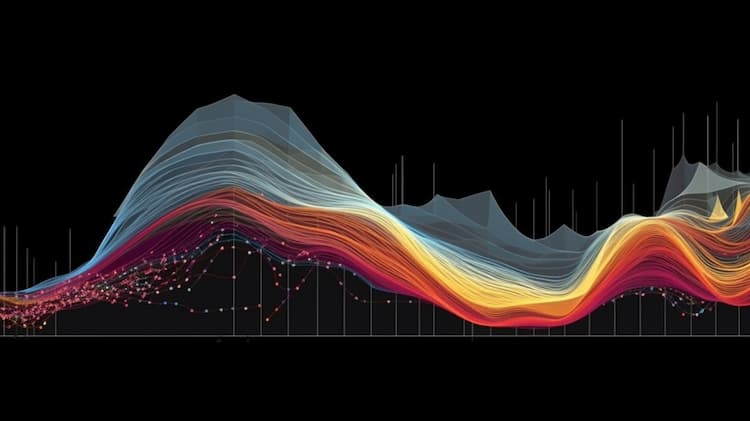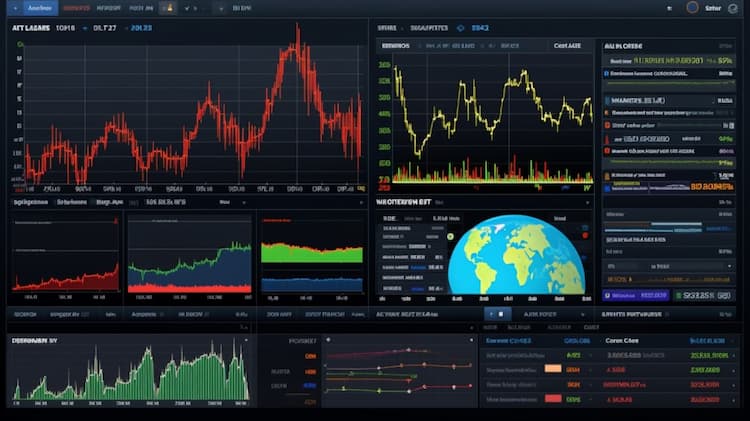
What are the rIsks associated with investing in DVY?
Investing in exchange-traded funds (ETFs) such as DVY can offer portfolio diversification and exposure to specific sectors or asset classes. However, it's crucial to understand the risks involved in this investment. In this article, we will explore some key risks that investors should be aware of when considering DVY as part of their investment strategy.
Market Volatility and Price Fluctuations
One significant risk of investing in DVY, or any ETF, is exposure to market volatility and price fluctuations. DVY's performance is directly tied to the performance of the underlying stocks it holds. If the market experiences a downturn or if the dividend-paying stocks in DVY's portfolio face challenges, the value of DVY can decline. It's important to recognize that investing in DVY comes with the risk of potential losses due to market conditions and price volatility.
To mitigate this risk, investors should conduct thorough research and analysis of market conditions and the stocks included in DVY's portfolio. Staying updated with relevant financial news, understanding the factors that influence dividend-paying stocks' performance, and diversifying investments across different asset classes can help manage the risk associated with market volatility.
Dividend Reduction or Suspension
Another risk to consider when investing in DVY is the potential for dividend reduction or suspension. DVY focuses on high dividend-yielding stocks, meaning its performance relies on the ability of the underlying companies to sustain and grow their dividends. During economic downturns or financial challenges, companies may choose to reduce or suspend their dividends to preserve cash.
Investors in DVY should be aware that significant dividend reductions or suspensions by one or more stocks in the portfolio can negatively impact the overall performance of the ETF. To assess this risk, analyzing the financial health and dividend history of the companies in DVY's portfolio is important. Staying informed about industry trends, economic indicators, and company-specific news can help investors gauge the potential risk of dividend reductions or suspensions.
 DVY overlap What are the rIsks associated with investing in DVY?
DVY overlap What are the rIsks associated with investing in DVY?
Concentration risk
Concentration risk is another factor to consider when investing in DVY. The ETF focuses on high dividend-yielding U.S. stocks, which may result in a significant portion of its portfolio invested in a limited number of companies or sectors. This concentration can increase the risk exposure of DVY.
Investors should evaluate the potential impact of concentration risk on their portfolio and consider diversifying their investments across different asset classes or sectors. Conducting thorough research and understanding the specific holdings and sector allocations of DVY can help manage concentration risk.
Investing in DVY offers the potential for diversification and exposure to high dividend-yielding U.S. stocks. However, investors should be aware of the risks associated with market volatility, dividend reductions or suspensions, and concentration. Conducting thorough research, staying informed about market conditions, and diversifying investments can help manage these risks. As with any investment, it's important to carefully assess your investment objectives and risk tolerance before making decisions.
Disclaimer: this article is intended for informational purposes only and does not provide any investment advisory services. It's important to conduct thorough research and consult with a qualified financial professional before making any investment decisions.
Source 1: DVY issuer website Source 2: Reuters article about DVY
DVY quote and analysis
Discover the top holdings, correlations, and overlaps of ETFs using our visualization tool.
Our app allows you to build and track your portfolio.
To learn more about the DVY iShares Select Dividend ETF, access our dedicated page now.
FAQ
What is DVY ETF?
DVY is the ticker symbol for the iShares Select Dividend ETF. It is an exchange-traded fund that focuses on providing investors with exposure to dividend-paying stocks.
What index does DVY track?
DVY aims to track the performance of the Dow Jones U.S. Select Dividend Index. This index comprises stocks of U.S. companies that have a consistent history of paying dividends.
Does DVY pay dividends?
Yes, DVY pays dividends. As an ETF focused on dividend-paying stocks, it collects dividend payments from the underlying stocks held in its portfolio and distributes a portion of those payments to investors as dividends.
Are there any alternatives to DVY for investing in dividend-paying stocks?
Yes, there are alternative ETFs and investment options available for investing in dividend-paying stocks. Some examples include other dividend-focused ETFs, mutual funds that emphasize dividend strategies, or building a portfolio of individual dividend-paying stocks. It is recommended to compare the features, costs, dividend yield, and performance of different investment options to align with your investment goals.
Can I use DVY to gain exposure to international dividend-paying companies?
DVY primarily focuses on U.S. dividend-paying companies. If your objective is to gain exposure to international dividend-paying companies, you may consider alternative ETFs or investment options specifically targeting international markets or global dividend-paying stocks.



